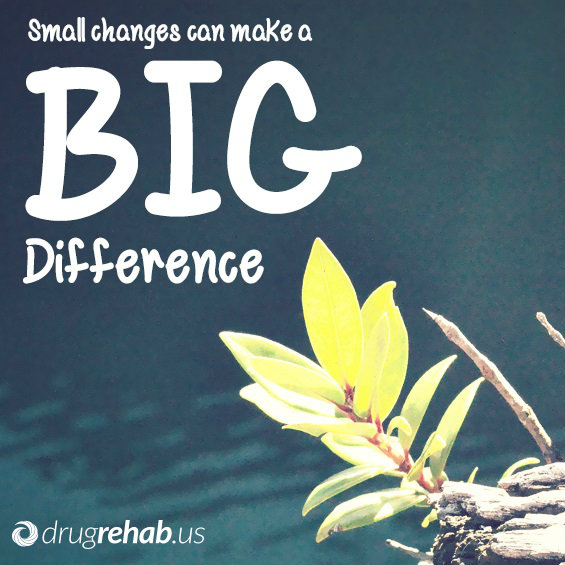30 Apr 2015
Will You Be Successful In Drug Rehab?
Admitting that you have a problem with drug use and that you need treatment for it are big steps to take. You should be commended for coming to this realization and for getting out of the shadow of denial. The next logical step is to go through some kind of rehab or treatment for drug addiction. It’s normal if you are feeling worried about it or if you are concerned that you’ll fail. Drug rehab statistics are unclear on how many people are successful on their first try, but the only way you’ll know is if you go through with it.
What Happens In Drug Rehab?
 To give yourself the best chance of success at rehab you need to have a positive attitude and the commitment to do the work needed to get better. It also helps to know what to expect. Every rehab facility is different and has its own policies and treatment methods. To really know what to expect, talk to someone in admissions and ask all the questions you have about what will happen once you get there.
To give yourself the best chance of success at rehab you need to have a positive attitude and the commitment to do the work needed to get better. It also helps to know what to expect. Every rehab facility is different and has its own policies and treatment methods. To really know what to expect, talk to someone in admissions and ask all the questions you have about what will happen once you get there.
In general, you can expect to have to go through detox, although some facilities will require that you do that before entering. You should also have one-on-one counseling sessions, group support and any number of other activities that promote a healthy, drug-free life after rehab. You should also have a treatment plan that is tailored for your particular needs.
How To Do Well In Rehab
Drug rehabilitation statistics show us that no matter how good rehab is, many addicts will relapse afterward. This doesn’t necessarily mean failure. What it means is that addiction is a chronic disease that requires ongoing treatment. Nevertheless, you can make the most of your rehab experience to give yourself the best chance of avoiding a later relapse.
Make a commitment to the process and devote yourself to the work that the professionals ask you to do. When you aren’t sure about a part of the process, ask questions. Open up fully to your therapists and counselors, and also to your fellow patients. Being open will help you heal and help you make new friends. Rely on the support of your family and friends, even if they can’t be in rehab with you. You will need them when you complete your program.
What About Outpatient Treatment?
Rehab is not the only option for drug addiction treatment. If your life circumstances don’t allow you to spend weeks or months in a rehab facility, you can get treatment that works with your schedule and that allows you to stay home. Statistics for outpatient drug rehab success rates are minimal, but it does work for many people. One benefit is that you can stay with a friend or with family members who care about you and support you.
Whatever kind of treatment you choose for your addiction, the important thing is that you get care. No one can battle addiction alone, and the only way to be successful at being sober is to get the help you need and to ask for support when you need it.
Believe In Yourself. Remember…Small Changes Can Make A Big Difference!
There are many options for people looking for a drug rehab program. Each patient has their own work schedules and family obligations, and comes in with varying severity of addiction. Some find the intensive daily treatment in residential drug rehab programs the best for them. Others find that outpatient therapy allows them more flexibility for their family and work needs.
Read More
13 Feb 2012
Improving Intensive Outpatient Drug Rehab
It is clear that intensive outpatient drug rehab is an attractive option for clinicians and patients alike. For example, intensive outpatient drug rehab costs roughly half of traditional inpatient treatment and allows patients with financial limitations to obtain a longer course of treatment. Studies routinely show that drug addiction treatment is most effective when spread out over a longer period of time. At the beginning of any program patients must invest a disproportionate number of treatment hours into learning new behaviors, participating in group therapy and working on their relapse prevention strategies; patients attending traditional treatment programs many not have enough time to master these new skills before they need to return to the outside world. In intensive outpatient drug rehab, however, patients can continue to meet familial and work obligations while they are going through the recovery process.
Read More
Drug abuse treatment comes in many shapes and sizes – variations in environment and type of services, range of services and number of services offered abounds. People addicted to drugs also differ widely in the severity of their illness, sometimes fluctuating over a period of time. Because patients have varying treatment needs, there are varying types of rehab. Addiction professionals are tasked with placing patients in the correct level of care, matching severity of the addiction with the intensity of treatment and selecting services that will best meet the patient’s needs.


